Table of Contents
- Understanding Bipolar Disorder: Institute For Advanced Psychiatry ...
- Understanding Bipolar Disorder | Mental Health Awareness
- How to Treat Bipolar Disorder - E-Bipolar
- Mental illness: symptoms, types, and treatments - The Diamond Rehab ...
- Bipolar disorder is a complex mental health condition characterized by ...
- Bipolar mental disorder icons. Illustrations show signs and symptoms of ...
- Mental bipolar disorder stock vector. Illustration of icon - 126529471
- Bipolar disorder: What it is and how to manage it | GhHeadlines Total ...
- Bipolar Disorder: Symptoms, Causes and Treatment - Port St. Lucie ...
- Bipolar Disorder: Types, Symptoms and Treatment
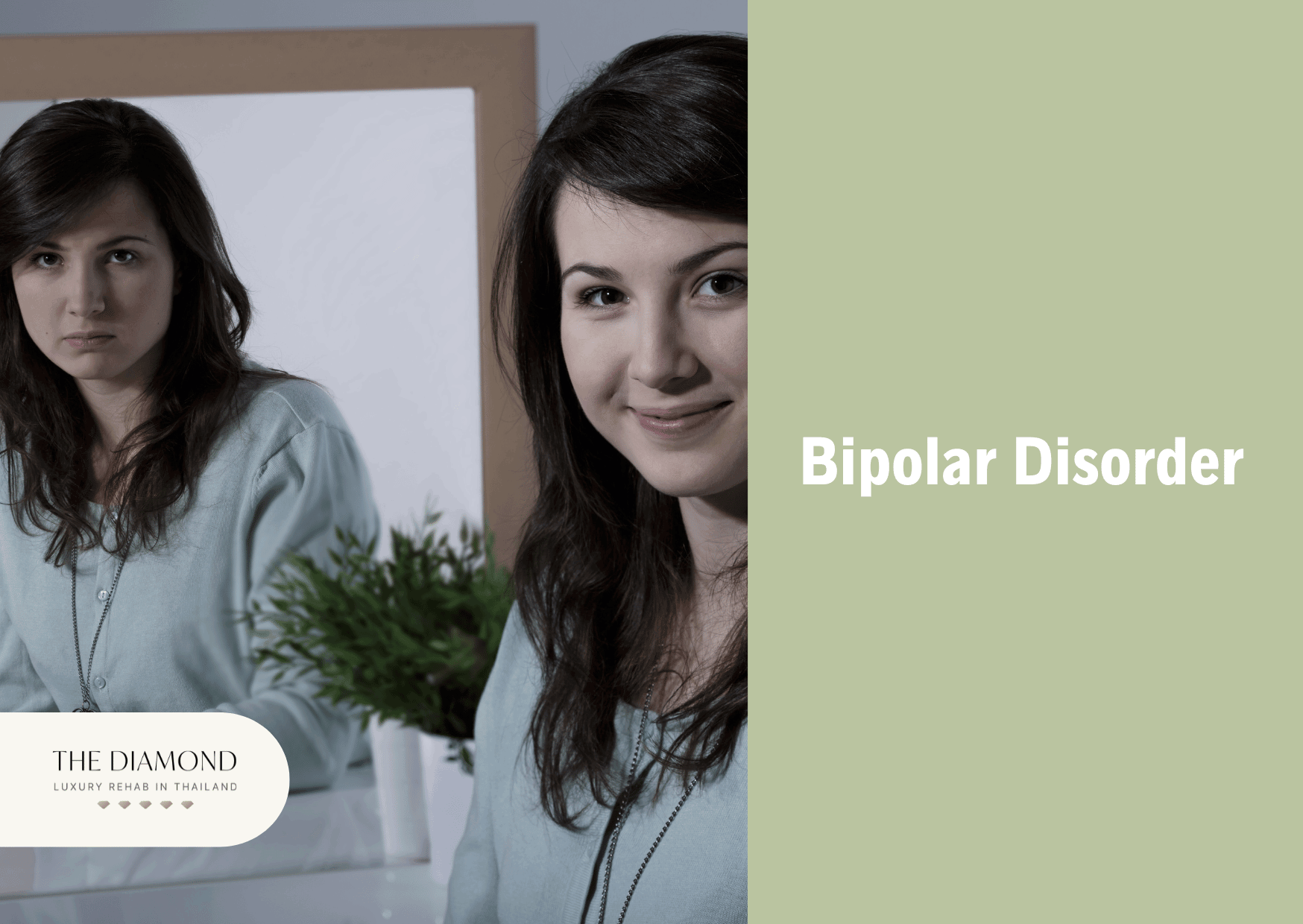


Types of Bipolar Disorder
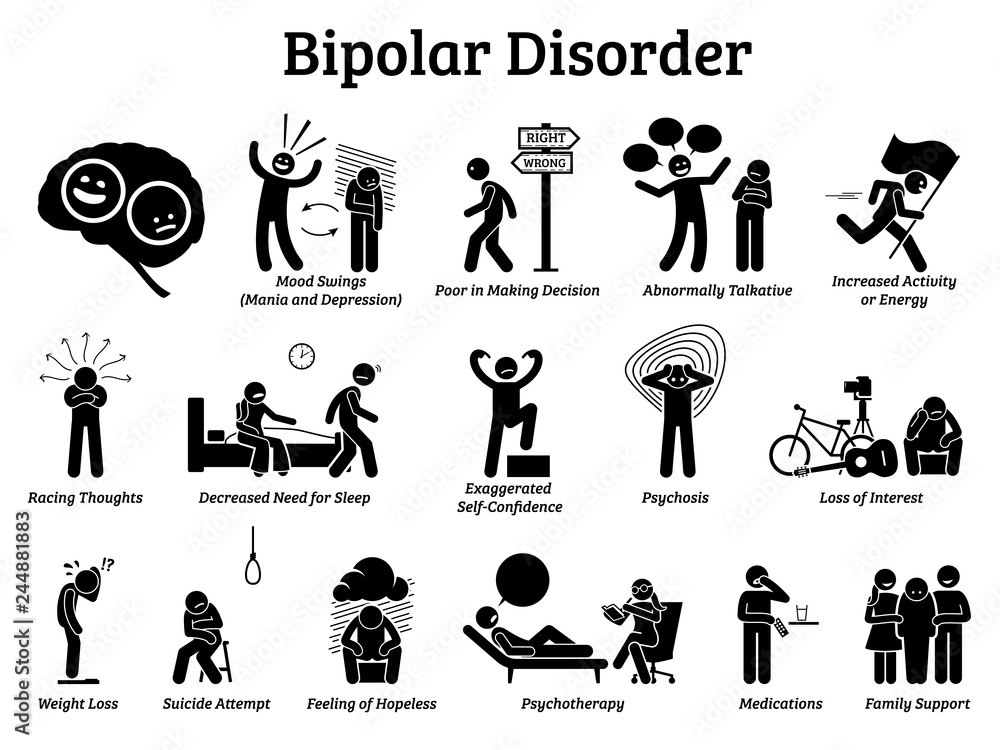
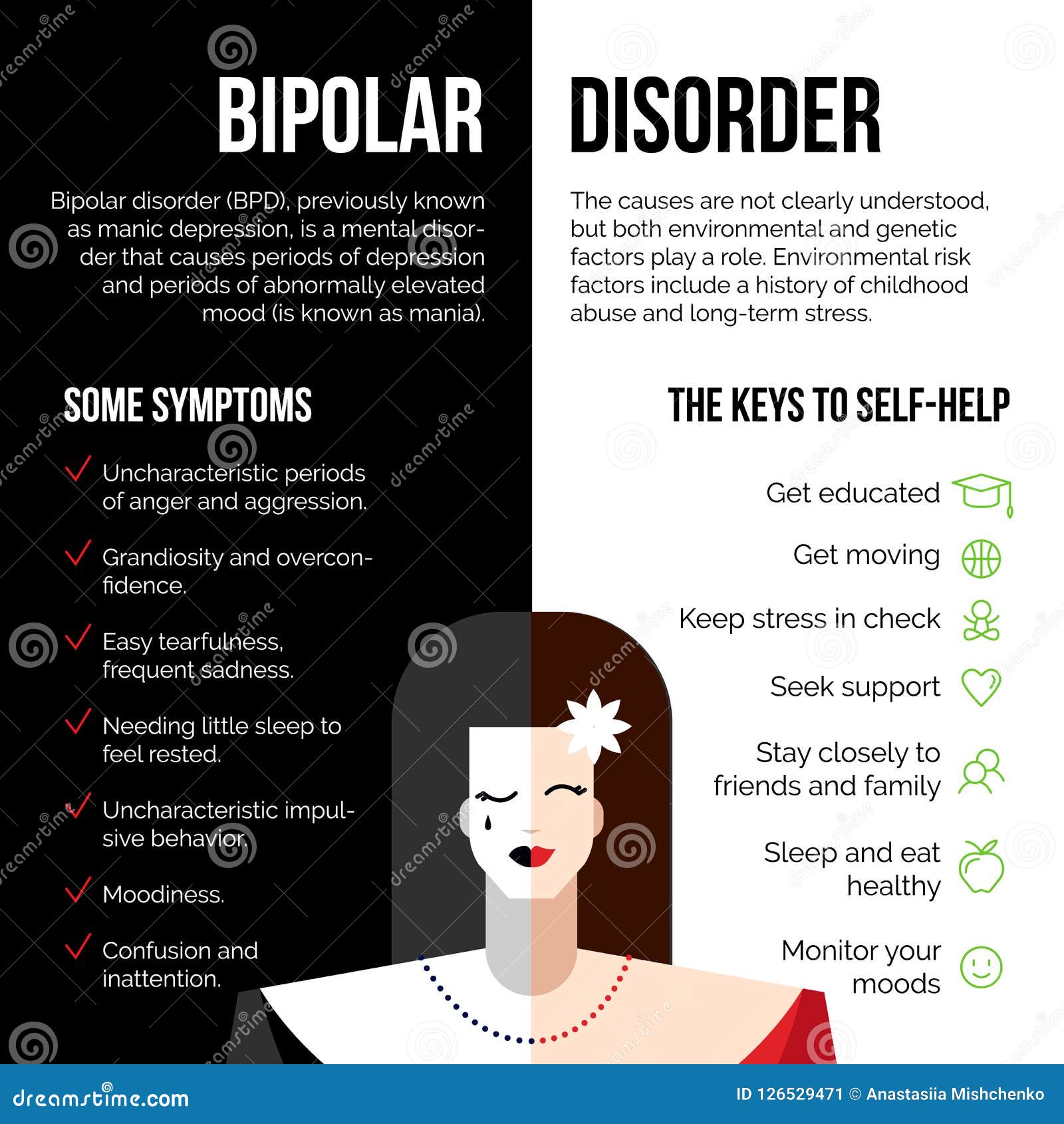


Symptoms of Bipolar Disorder
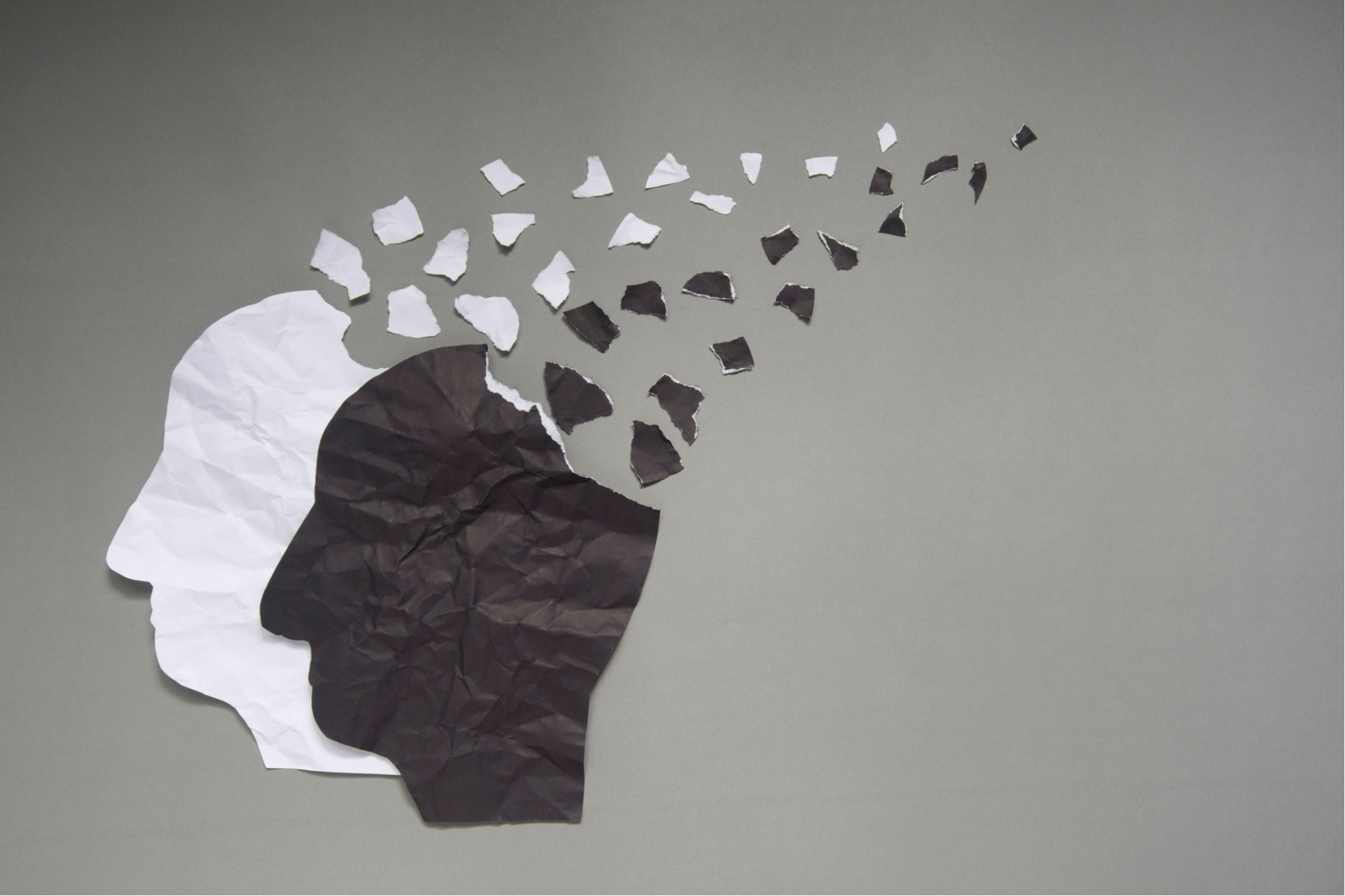

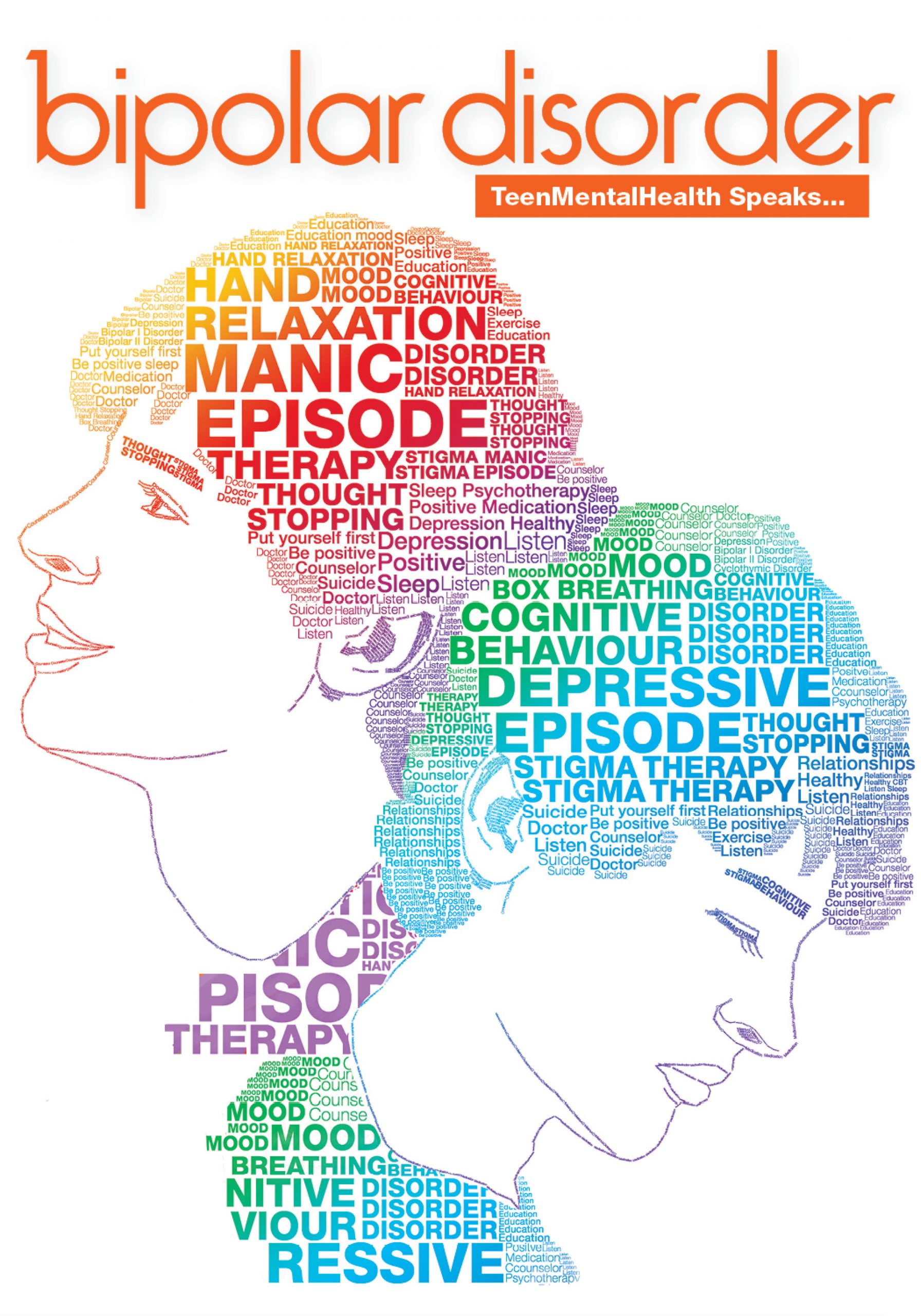
Treatment Options for Bipolar Disorder
While there is no cure for bipolar disorder, treatment can help manage symptoms and improve quality of life. Available treatment options include: Medications: mood stabilizers, antipsychotics, and antidepressants can help regulate mood and reduce symptoms Psychotherapy: cognitive-behavioral therapy, family-focused therapy, and interpersonal therapy can help individuals cope with symptoms and develop coping skills Lifestyle Changes: regular exercise, healthy eating, and stress management can help reduce symptoms and improve overall well-being Bipolar disorder is a complex condition that requires comprehensive treatment and support. By understanding the different types, symptoms, and treatment options available, individuals can better manage their condition and improve their quality of life. If you or a loved one is struggling with bipolar disorder, it is essential to seek professional help from a mental health expert. With the right treatment and support, it is possible to manage symptoms and live a fulfilling life.For more information on bipolar disorder, visit Healthline. Our website provides a wealth of resources, including articles, videos, and expert advice, to help you understand and manage this condition.
Note: This article is for informational purposes only and should not be considered as medical advice. If you or a loved one is struggling with bipolar disorder, please consult a mental health professional for proper diagnosis and treatment.